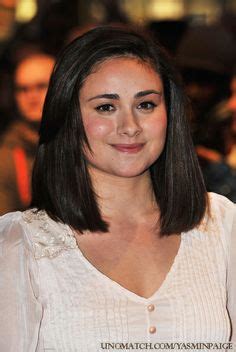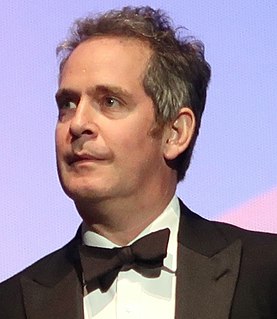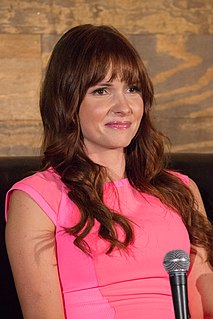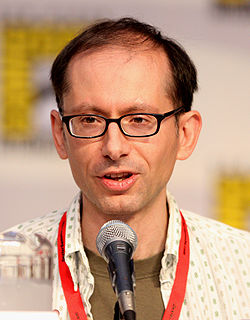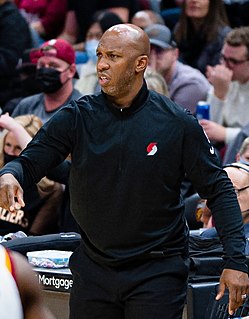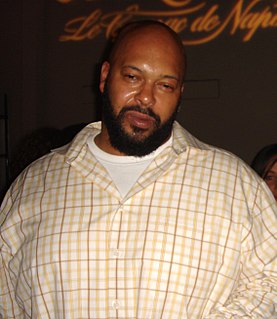A Quote by Matt McGorry
I understand that in TV, people like likable people. In film, you can get away with playing a terrible person. In TV, you're in people's homes every week.
Related Quotes
It [TV] is the cancer of film. It's why people can't be educated to film. In the late '60s, we expected to see a movie or two every week and be stimulated, excited and inspired. And we did. Every week after week. Antonioni, Goddard, Truffaut - this endless list of people. And then comes television and home video. I know how to work exactly for the big screen, but it doesn't matter what I think about the art of movie-making versus TV.
People love that kind of beginning, middle, and end. They like that comfort of turning on the TV week-to-week and being entertained with a good story. There's nothing wrong with TV franchises because, first of all, they're successful. They just make people feel good and hopefully make people think about other people.
In TV, kid roles are like this: You're either in a couple minutes of an episode playing somebody's kid, or you get in these procedurals where you're crying or you're playing a witness or you're playing a crazy person. Every once in a while you get a big guest star role, but there's a formula to those TV shows.
The first thing I say when people ask what's the difference [between doing TV and film], is that film has an ending and TV doesn't. When I write a film, all I think about is where the thing ends and how to get the audience there. And in television, it can't end. You need the audience to return the next week. It kind of shifts the drive of the story. But I find that more as a writer than as a director.
There's something really cool about TV. TV, you get the luxury of having the same people around. It is such a blessing when you get a TV job. You really have a chance to get to make, like, work friends. I think TV is one of the few mediums where I've had the opportunity to get to know my crew members.
I believe that the major operating ethic in American society right now, the most universal want and need is to be on TV. I've been on TV. I could be on TV all the time if I wanted to. But most people will never get on TV. It has to be a real breakthrough for them. And trouble is, people will do almost anything to get on it. You know, confess to crimes they haven't committed. You don't exist unless you're on TV. Yeah, it's a validation process.
When you're dealing with TV and with movies, people dont take it as serious as they do with music. If a rapper does a song about shooting people on the block, and goes into a restaurant or grocery store, people grab their purses because they're afraid the person is violent. With TV and movies, people know it's okay, it's just a script.



